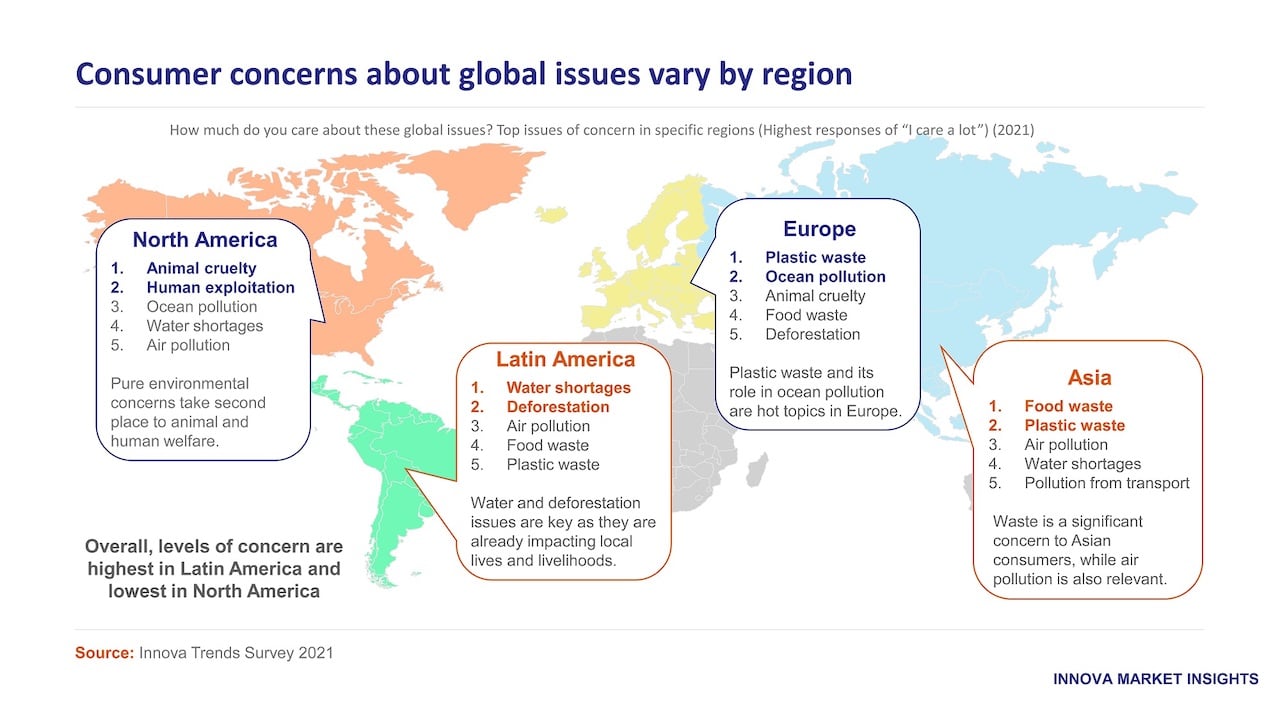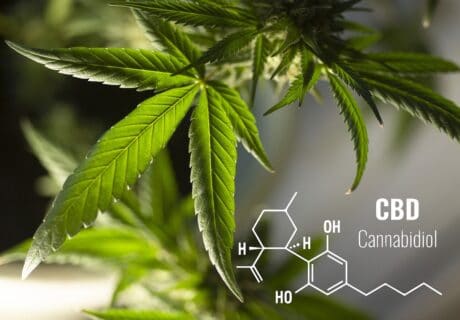The latest Lifestyle & Attitude Survey by Innova Market Insights reveals the health of the planet as the top global consumer concern.
For the first time, says Lu Ann Williams, insights direction at Innova, ‘more consumers surveyed globally … say the health of the planet is their top global concern, rather than the health of the population’.
Increased personal responsibility around food waste reduction is driven by environmental concerns, the report states; around half of respondents actively cut food waste and 63% ‘would like to eat at a restaurant that actively prevents or reduces food waste’. 20-25% admitted to adjusting their consumer purchases to support food brands with eco-friendly packaging or more sustainably grown products.
The survey found that product launches carrying environmental claims are better positioned to meet consumer expectations and are ‘growing at three times the pace of total food and beverage activity’. “Ethical claims regarding the environment increased their share of total food and beverage launches from 4.4% in 2016-2017 to 6.6% in 2020-2021, for a 17.3% CAGR over the five years ending Q3 2021.”
Furthermore, the specific issue of upcycling has turbocharged faster growth; F&B launches in the five years ending Q3 2021 which used upcycled ingredients rose at CAGR 122% – that’s compared with a growth rate of just 59% for products which used recycled plastic, 49% for those with water-saving claims, 47% for launches carrying carbon emission claims and 33% for palm oil-free goods.
While cost was cited as a potential ‘barrier to shopping with the environment in mind’, over 50% of those asked said they ‘are willing to pay extra for food and beverage products that are devoted to solving global issues such as plastic waste (64%), ocean pollution (63%), and food waste (62%)’.
And finally, notes Williams, clear communication from manufacturers is essential for consumer confidence in, and understanding of, environmental credentials: “55% of consumers globally say that there are too many environmental labels and they don’t know what to look for. Nearly two-thirds of consumers surveyed globally agree or strongly agree that they prefer one label that captures the complete impact on the environment over multiple labels.”






